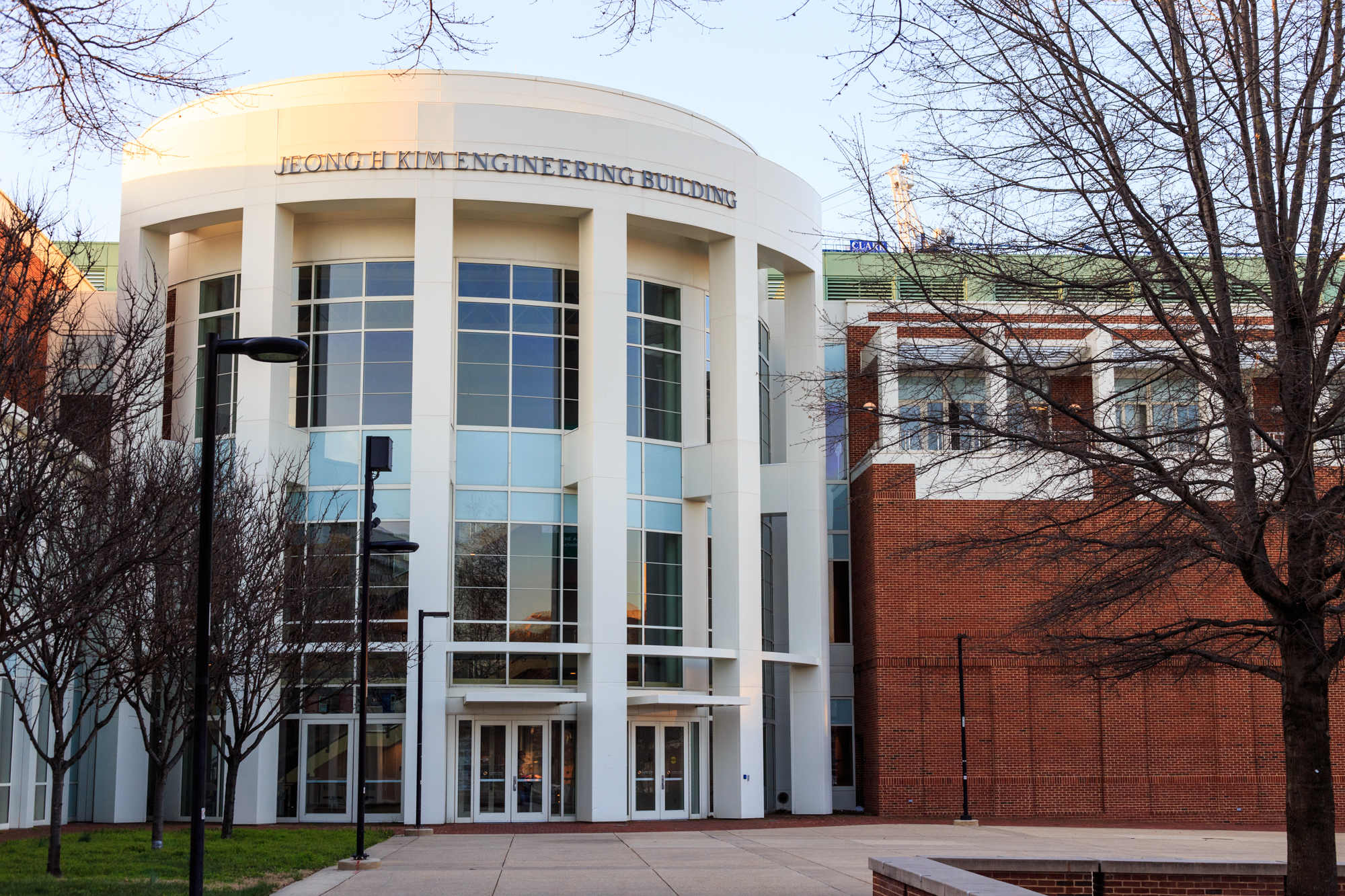By Gabrielle Kanik
For The Diamondback
The University of Maryland will begin collaborating with the Veterans Affairs Maryland Health Care System in April to fight multiple sclerosis.
A team led by bioengineering professor Christopher Jewell was recently granted $1.1 million to fund a four-year project aimed at using nanotechnology to battle the disease without hindering a person’s normal immune function. It marks the first time a faculty member at this university was given this type of award.
“This is the first project of its type,” said Robert Briber, the engineering college’s associate dean for research. “It’s a tremendous opportunity for the Clark School to expand its research efforts into new areas in collaboration with the Department of Veterans Affairs.”
Multiple sclerosis is a debilitating disease that causes a patient’s immune system to attack myelin in their brain, leading to a loss of mobility and function. There is no cure for the disease, and conventional treatments often compromise the rest of the patient’s immune system, leaving them vulnerable to other infections.
The project’s goal is to find a new method of slowing the breakdown of the immune system as the disease attacks the myelin.
Jewell said the partnership will be “working to understand new basic immunology.” His team will test strategies in pre-clinical models and human samples simultaneously.
“This combination of research is something that the University and the VA alone could not carry out,” Jewell said, “so it’s truly a great opportunity to bring together expertise in immunology and engineering with a clinical focus.”
In addition to potentially easing the burden of multiple sclerosis, the project fosters interdisciplinary communications, said Alyssa Wolice, the bioengineering department’s assistant director of communications.
“This research could lead to permanent improvements for MS patients,” Wolice said, “improvements that could greatly reduce healthcare costs.”



